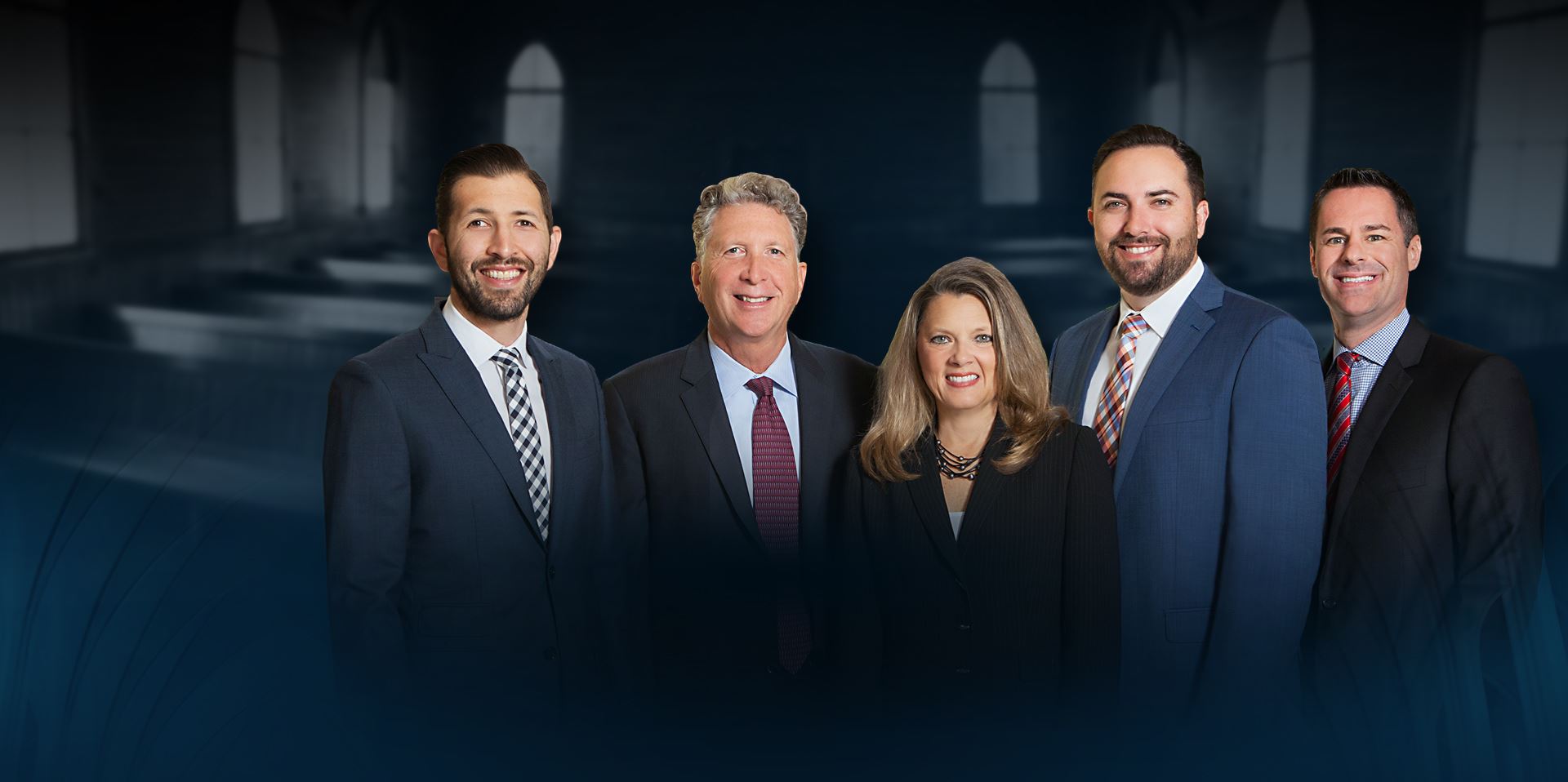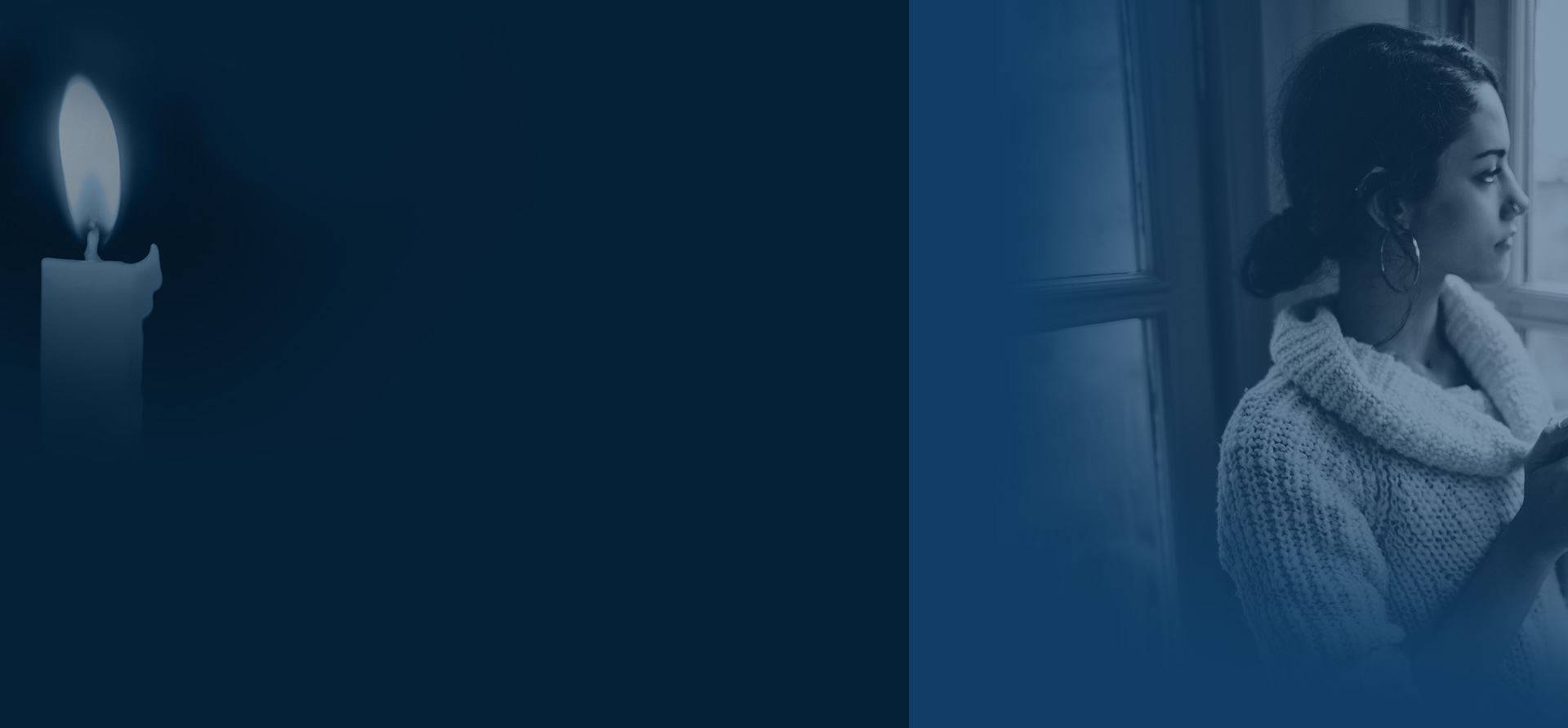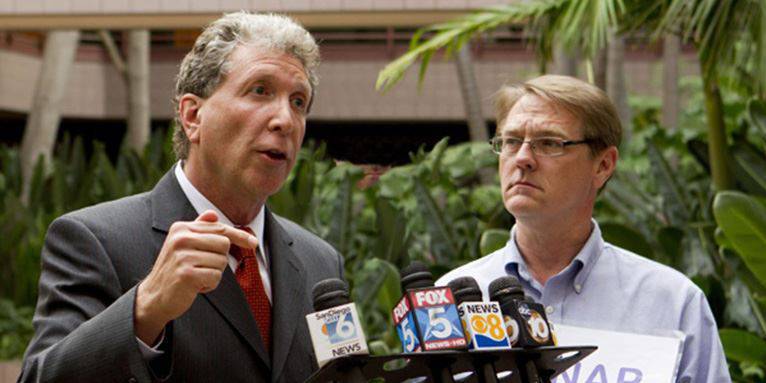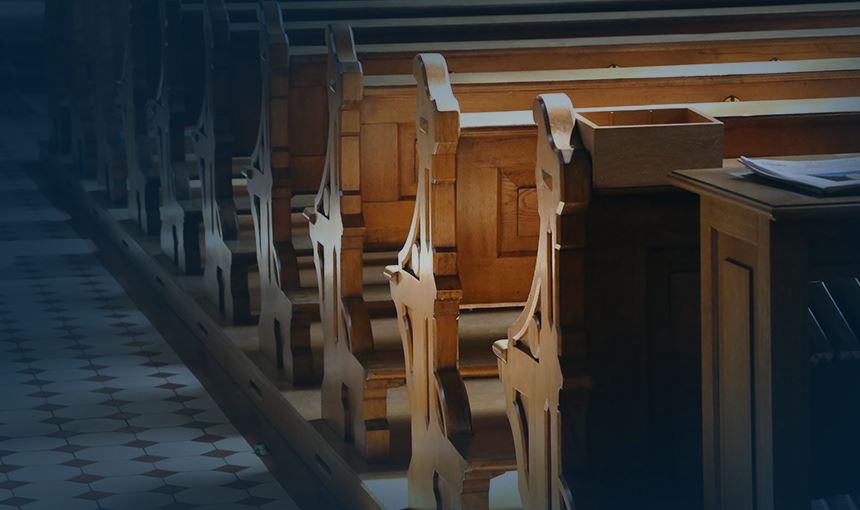How Can a Child Sex Abuse Attorneys Help You Secure Justice?
Survivors of childhood sex abuse often suffer profound and life-altering consequences that follow them well into their adult years. Studies have repeatedly shown survivors are at greater risk of suffering from post-traumatic stress disorder, depression, anxiety, and other serious physical and psychological health problems.
As child sexual abuse lawyers, our team at The Zalkin Law Firm helps victims as they venture into what can be complex and emotionally turbulent civil legal claims. Backed by experience and resources, we help victims evaluate their options and pursue the justice they deserve through the most appropriate means. This often means a civil lawsuit against wrongdoers and or the institutions which so shamefully failed to uphold their legal obligations for handling serious claims, and protecting their most vulnerable members.
Claims filed in the civil justice system are not criminal charges. They do not concern criminal guilt or innocence, do not use the same burden of proof, and do not have to be filed against an individual abuser – some can be filed against the responsible institutions, especially if perpetrators are deceased. Criminal cases, as well as administrative proceedings for that matter, also offer little in terms of compensating victims for their pain and suffering than civil claims.
What civil child sex abuse lawsuits accomplish can be vast. They can help reveal inexcusable conduct committed by private individuals or individuals who hold a position of trust within an organization, and they can expose unforgiveable practices within organizations that have failed to protect children, or willfully chose to protect the accused instead.
This alone can be invaluable in raising red flags that bring others forward, and help prompt needed changes to protect others from becoming victims in the future.
Civil sex abuse claims also allow survivors to recover financial compensation for their damages. This includes both the economic and non-economic damages arising from their abuse, including their pain and suffering, emotional anguish, and expenses for medical or psychological treatment.
As advocates, sex abuse attorneys protect victims’ rights and confidentiality as they navigate the civil justice system. They can provide the resources needed to heal, and the insight to investigate and gather evidence that supports their claims. Skilled attorneys can also advocate to ensure at-fault parties do not prevail in their attempts to evade liability or pay victims less than they deserve.
Speak Confidentially With a Lawyer
At The Zalkin Law Firm, we know it takes tremendous courage to step forward as a survivor – and are grateful for the trust so many survivors, families, and fellow lawyers have placed in our firm by choosing our team to guide them through these challenging cases.
With numerous million and multi-million dollar verdicts and settlements for survivors, The Zalkin Law Firm has helped clients prevail in child sex abuse claims against Catholic Dioceses, the Jehovah’s Witnesses, foreign exchange programs, and entities that who childhood sexual abuse within their organizations and allowed it to continue over a period of years.








